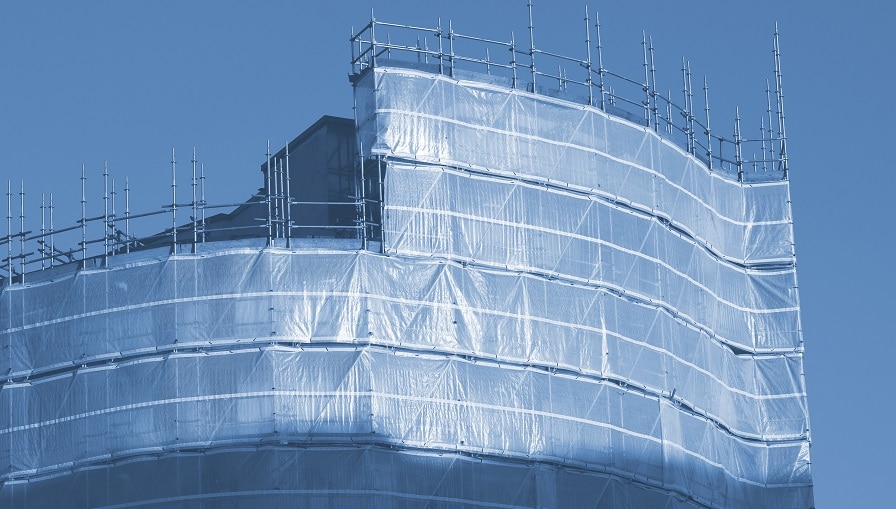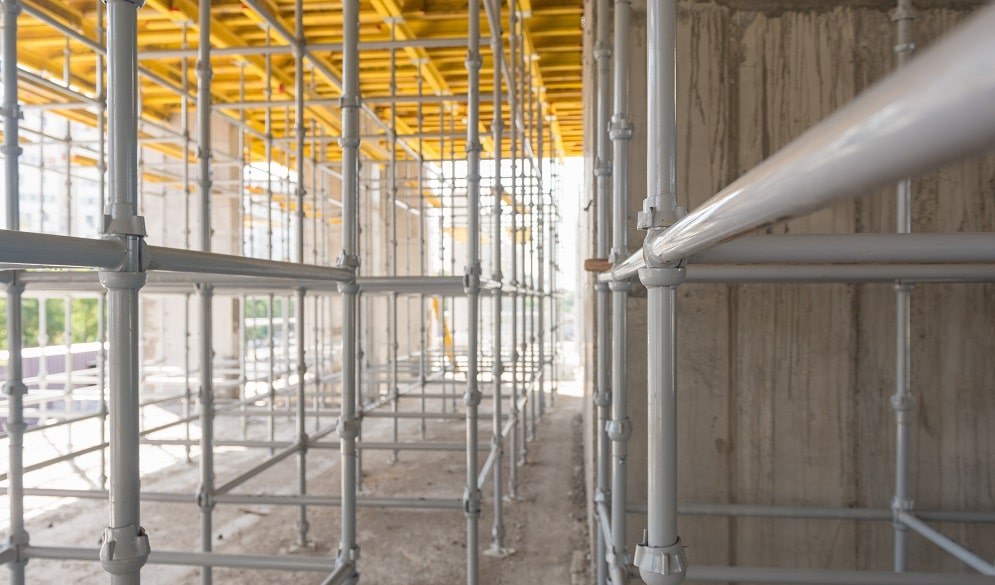The construction industry is among the most dangerous sectors to work in. Compared to other sectors, construction jobs pose a higher risk of suffering workplace injuries. According to recent reports from the HSE, the construction industry makes up the majority of work-related fatalities. On average, there are up to 30 construction-related deaths each year.
This is proof of the dangers faced by construction workers on worksites. Admittedly, not all these incidents are fatal, however, it is still important that you take steps to protect yourself when you work in this industry. Explore these 12 proven tips for preventing accidents while working on construction sites.
1. Keep away from operating machinery
Try not to gather around a single area when not working. This can be dangerous if there is operating machinery nearby. Even though in most cases, no harm or accident might occur, it is smart to prevent the possibility of an accident. It is recommended that you avoid machinery that is in use.
2. Inspect equipment and tools regularly
Every construction worker relies on equipment to get work done. Working with faulty or damaged tools is simply an accident waiting to happen. So, check your tools and equipment regularly to make sure they’re not faulty and won’t malfunction. It is part of your responsibility to flag defective equipment.
3. Always have PPE on
Before you get on a project site, make sure that you have the required personal protective equipment (PPE) on. This is one of the most cost-effective and easiest ways to stay safe and prevent on-site injuries. In case of accidents or injuries, your PPE acts as a final safeguard.
At the very minimum, the basic PPE gear must contain a safety helmet, safety boots, eye protection, hand gloves, and high-visibility clothing. Use noise-cancelling earmuffs, chemical suits and respiratory masks for added protection. The 1992 PPP at Work Regulations will provide you with in-depth information on the suitable protection clothing needed for construction work.
4. Do not use damaged equipment
Using a broken-down piece of equipment is never a good idea since it would most likely do more harm than good. Construction workers tend to use available equipment regardless of its condition, which is dangerous. Unfortunately, worn-out parts like ropes, cables or harnesses are just accidents waiting to happen.
5. Always lift objects properly
Backaches and strains are nightmare scenarios for construction workers. The considerable pain and discomfort can prevent you from completing your tasks. To prevent such a scenario, you must bend your knees when lifting heavy objects. Remember not to twist from side to side. It is also important to keep one leg positioned in front of the other, so your body is balanced and you have more ground space to lift from.
6. Report near misses and defects
If you notice a problem, it should not be ignored. It is vital that you report it immediately to someone in charge for necessary steps to be taken. Quick resolution of problems on construction sites reduces the risks of accidents occurring.
7. Keep work areas neat
It is not an easy thing to keep construction sites completely neat, but doing so will significantly reduce the chances of accidents happening. Severe accidents can result from carelessly keeping harmful materials such as loose nails or lidless tubs of toxic chemicals. Walkways must be kept clear of obstructions. Workers moving around can sustain injuries if they stumble over objects lying on the ground.
8. Complete health and safety training
If you are a construction worker, proper health and safety training is required for you. Know the dangers associated with your job, particularly if you work in confined spaces, at high altitude, or with heavy machinery. Training on first aid and emergency treatment is also important for everyone on the site.
As a construction worker, you can get a comprehensive set of skills from the NEBOSH construction certificate, a specially designed health and safety course. This course is among the best ways to prepare yourself for the dangers of working on construction sites.
9. Keep your first aid kit updated
You must regularly replace the items in your first aid kit to avoid using expired meds. Using expired items can worsen injury cases. Despite best made plans, accidents tend to happen on construction sites. Therefore having a properly maintained first aid kit is always a good idea. Your first aid kit should include painkillers, gauzes, and bandages of all sizes, ointments, disinfectants and so on.
10. Be careful when climbing off and on equipment.
One of the most common causes of accidents on construction sites are falls that happen when a construction worker is climbing off or on equipment. Falls can be avoided if you wear gloves and clean your boots before climbing work machinery. Gloves enhance your grip, and eliminating slippery substances like mud from your boots reduces your chance of falling.
It is also necessary to use a three-point stance, which stops you from losing your footing. On your climb up or down, try not to overextend yourself or carry heavy equipment, rather grab on handles. One thing you should avoid the most is jumping off equipment.
11. Make use of technology
Technology has become an integral part of the modern world. Virtually every adult in the country has at least one smartphone. Smartphones are not only for calling or messaging; they now come with a multitude of practical applications. As such, smartphone applications like the StaySafe app help to make construction work and project sites safer.
The StaySafe app includes relevant features ideal for construction work such as man down warnings, panic buttons, low battery alerts, and non-movement warnings. This app makes it easy for supervisors to monitor their workers and keep them safe while they work. StaySafe app also allows workers to share projects and risk assessments.
12. When in doubt – ask
Always put yourself in the position to be rather safe than sorry. The smallest mistakes on a construction site can cost a life. If you are unsure about something, it’s always best to talk to your superiors or the right authority about it as soon as possible.














